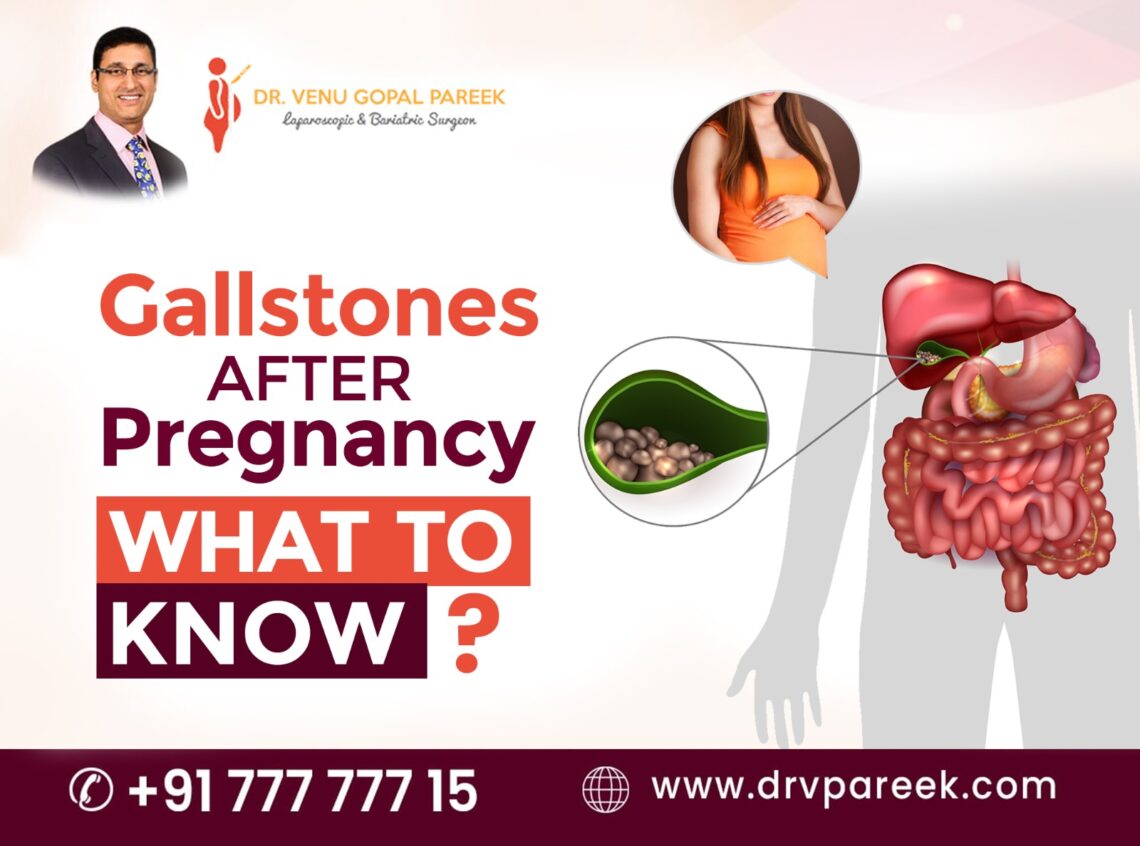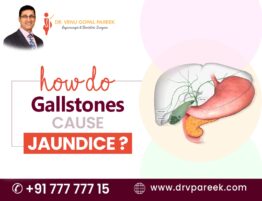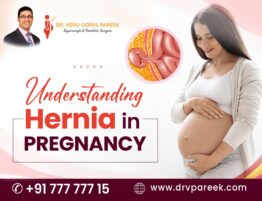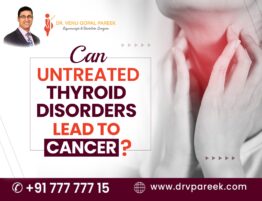
The formation of gallstones is common during and after pregnancy. Gallstone formation after pregnancy is also called postpartum cholecystitis. Hormonal changes, such as an increase in progesterone and estrogen levels in the gallbladder, might be the main cause of this. Sudden weight loss following the baby’s delivery might also play a role.
Gallstones are usually formed in the gallbladder when bile components become imbalanced.
In most cases, gallstones don’t cause any symptoms and subside on their own. However, if they obstruct the path of the gallbladder, they may cause severe pain and infection.
However, if symptoms still occur and affect a person’s daily life, treatment may be necessary. Diet changes and pain medication can help manage milder symptoms, but in severe cases, surgical intervention may be necessary to fix the condition.
Gallstones and pregnancy
Pregnancy can cause many changes in the body, and the rise of certain hormone levels is one of them, which puts you at risk of developing gallstones.
Bile is produced by the liver and stored in the gallbladder. This bile fluid plays a major role in digestion and is often released into the small intestine following meals. Bile fluid is a mixture of many components, which include cholesterol, bilirubin, and bile salts. When these components become imbalanced, it may result in gallstone formation in the gallbladder.
The rise in hormonal levels due to pregnancy causes cholesterol levels to increase, which may result in the gallbladder emptying more slowly. There are many potential causes for this; one of them is the release of excess cholesterol by the liver in the bile due to quick weight loss after delivery. This may alter the functions of the gallbladder; specifically, it may fail to empty the bladder properly.
Another reason might be associated with the production of progesterone hormone. Excess production of this hormone can alter the functions of the gallbladder, which may even stop it from working properly.
Some studies say that having gallstones in pregnancy might increase the risk of:
- Premature birth
- Maternal diseases
- Readmission to the hospital
- Infant illness
Remember, around 8% of pregnant women might develop gallstones by the third trimester, and only around 1% of women experience symptoms. Only a few women with symptoms might develop complications.
Symptoms of gallbladder stones
Gallstones may not cause any symptoms unless they block bile ducts. This may result in biliary colic, which causes sudden and severe abdominal pain. It may last 1–5 hours or disappear within minutes. It starts under the ribs of the right hand, in the middle of the abdomen, and sometimes it radiates to the side of the body.
Due to blockage, the gallbladder can’t release the bile. In such cases, people may experience symptoms like excessive sweating, abdominal or back pain, gas, bloating, sweating, nausea, or vomiting.
If treatment is delayed to clear the blockage or if the gallstones travel into any other nearby organs, the condition becomes more complicated, and people may experience the following symptoms:
- High fever
- A decrease in hunger
- Skin irritation,
- Diarrhea
- Persistent pain
- Fast heartbeat
- Shivering or chills
- Jaundice
- Perplexity (Confusion )
Commonly, symptoms may appear in the third trimester or following delivery, but if there are any complications, they will appear earlier in pregnancy.
Risk factors for developing gallstones in pregnant women
After the baby’s delivery, women are at an increased risk of gallstone formation. Some other risk factors that may be present are:
- Pregnancy for the second or third time
- Increasing age, above 40 years
- Hereditary – history of gallstones in family members
- Being obese or overweight
- Taking antibiotics (ceftriaxone)
Certain health conditions can also increase the risk of developing gallstones:
- Cirrhosis (liver scarring)
- Crohn’s disease (digestive system disorder)
- Irritable bowel syndrome (IBS)
- Obstetric cholestasis
- Primary sclerosing cholangitis (a type of bile duct disease)
Ultrasound imaging is a safe technique used to diagnose gallstones in pregnant women.
Tips to prevent gallbladder disease after pregnancy
It is common to develop gallbladder disease after a few months of the baby’s delivery. This may be due to the hormones that are aggravated during pregnancy, which may last for the next nine months. Changes in the hormone levels following delivery are one of the main reasons, and it takes some time to go back to normal.
Weight loss is common after delivery, and it increases the risk of cholesterol accumulation in the bile, which can lead to the formation of gallstones.
Following these can reduce the risk of gallstone formation after pregnancy:
- Eat a lot of fruits, vegetables, whole grains and other foods that are rich in fibre
- Maintain an ideal weight during pregnancy
- Limit your weight loss after delivery, especially if you’re breastfeeding your baby
- Exercise regularly and be fit.
If you had gallbladder problems before pregnancy, inform your doctor to take the necessary steps during pregnancy. If you develop gallstone problems during pregnancy and were controlled successfully without surgery, then don’t miss out on having a follow-up evaluation. It may develop symptoms later in life, and in severe cases, your gallbladder might need to be removed, so having an evaluation is very important to prevent it.
For more information on gallstone treatment, consult Dr. Venugopal Pareek, one of the best laparoscopic surgeons in Hyderabad with expertise in gallstone treatment.







